As usual it’s been a minute since I’ve made internet words, but you had to know that if anything was going to bring me out of my hiatus it would be last Wednesday’s shock announcement by the American Ornithological Society that they’re poised to change a whole bunch of bird names. My three favourite things are bird names, controversy, and a really good apple pie, and this bombshell combines at least two of them.
I had many immediate thoughts on the announcement but decided to wait a week to allow them to coalesce. They haven’t, but we’re just gonna power through anyway. Subheadings for your benefit, and mine if we’re honest.
Wait, what’s happening?
In case you haven’t been paying attention or you don’t really care about birds or you live in a cave somewhere, you should know that in recent years there’s been a grassroots movement to change the names of some birds. That movement has become known as Bird Names for Birds, and it has begun to garner some support within the birding community. I didn’t expect it was anywhere near institutional change, so the AOS statement really knocked my socks off.
What names are changing, and why?
The commitment AOS has made is to change the names of birds named after people, like Wilson’s Warbler or Cooper’s Hawk1. These names are called eponyms, and there are a few reasons to change them.
The first is that these names honour people, and some of those people are not the sorts you’d want to honour. The poster child for this issue is the former McCown’s Longspur, named for John P. McCown who was a confederate general in the Civil War and fought against Indigenous people in the Seminole Wars and elsewhere. Because of McCown’s generally upsetting history, the bird was renamed Thick-billed Longspur in 2020.
The second is that nearly all of these names were given to birds during the early-to-mid 1800s by a fairly small and homogeneous group of people. The colonization of North America was in full swing, and the ornithologists (and more often collectors or friends) whose names adorn the birds were largely European colonists who were often at odds with local populations. Women and people of colour were, of course, not permitted an education at that time, and are accordingly absent from the list of honorees.
For these two reasons, many people have understandably mixed opinions regarding eponymous bird names. While some (though notably not all, by a long shot) eponyms do honour ornithologists who contributed to our current understanding of birds, they also recall a dark time in the history of North America for Black people, Indigenous people, and women. You know, anybody who wasn’t a white man.
There’s another reason to change these names, too, and it has nothing to do with history. The simple fact is that eponymous names tell you nothing about the birds who wear them, which makes birds harder to learn and connect to. A descriptive name – like White-throated Sparrow or Red-headed Woodpecker – is easier to remember and to relate to the actual bird. It just makes more sense.
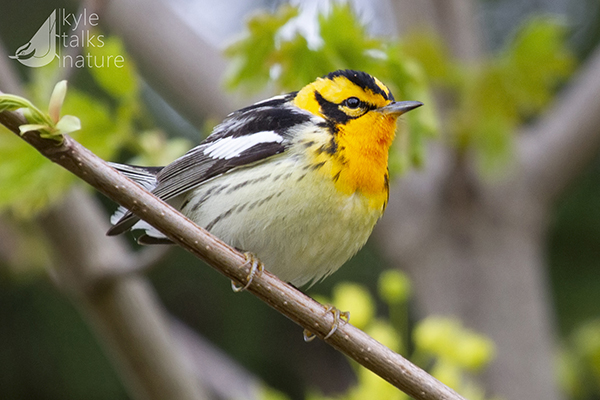
Why are some people losing their freaking minds about this?
Excellent question, thank you for asking. There has been a great deal of pushback to this news, and I wish it were surprising. On one hand I have been happy to see how much of the birding community seems to be on-board and ready to embrace change. On the other hand, it’s been a bit disheartening to see some fairly ignorant rhetoric on the other side.
It’s difficult to distill the opposition here. The most common complaints seem to be “who cares?” or “what’s wrong with the names we have now?” or “where does it end?” which are not so much valid counterpoints as they are easily answerable questions. Some people seem unhappy about the idea of learning new names, which is at least an actual point, although a somewhat feeble one. Others are just upset about “wokemongering” which is basically just people being offended about people being offended and there’s no good way to argue with that.
The most cogent concern seems to be about erasing history, or failing to honour the ornithologists whose work underpins the field. That’s a point more deserving of consideration, but I think it also misses the mark. This movement is not an attempt to erase history, but to recognize it. It’s perfectly reasonable, in my opinion, to have a good look at the people who are honoured by bird names, to examine their histories in full context, and to decide whether we still wish to honour them. The Audubon Society struggled with this very decision recently, as John James Audubon was both a pioneering ornithologist and a slave owner. People are complicated.
Regardless of what we call the birds, history doesn’t change or disappear. If anything, this movement has made people more aware of the names that birds carry than ever before. Who ever thought twice about Wilson or Cooper before this anyway?
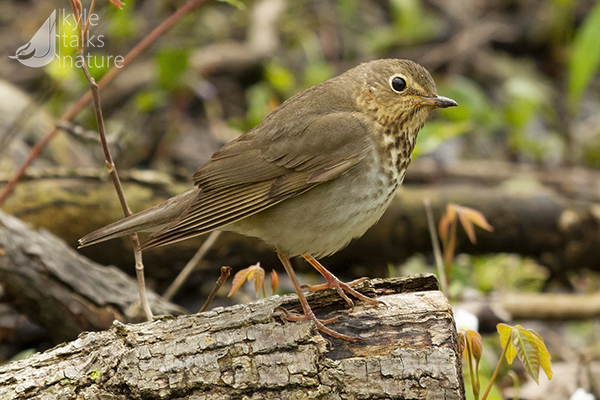
But what if I hate change?
I think a great deal of the gut-reaction keyboard-warrioring on this topic is less a reasoned opposition to the ideas behind the movement and more a flat-out rejection of change. What interests me, though, is that change is a constant in the world of birds, and it only occasionally causes uproar.
Bird names are changed all the time for taxanomic reasons. eBird just released its 2023 taxonomy update, for example, and there are lots of new names in there. They do one of these every year, and yet it sees little pushback.
Some have suggested that these name changes will cause great instability for database managers and bird research programs, but they have always dealt with species splits and lumps, subspecies elevations, and name changes for other reasons. This change will present a challenge, but not an insurmountable one.
It seems that our concern about change is contingent on the reason for that change, and for some reason a significant chunk of the birding community has long rejected change for social or cultural purposes. It calls to mind the American Ornithological Union’s statement on changing the name of what is now called Long-tailed Duck, which reads in part:
“[C]onservation management plans require the help…of Native Americans. The biologists were concerned that the name Oldsquaw would offend the Native Americans. Requests to change the name had been made…by some who consider the word “squaw” to be offensive. The Committee declines to consider political correctness alone in changing…names of birds.”2
If you find yourself, like the AOU of 2000, accepting changes for taxanomic reasons but fighting changes for “political correctness”, it might be time for a little introspection. Why should we not examine these names critically in a modern social context? Why is it bad to change a name because it’s offensive or upsetting?
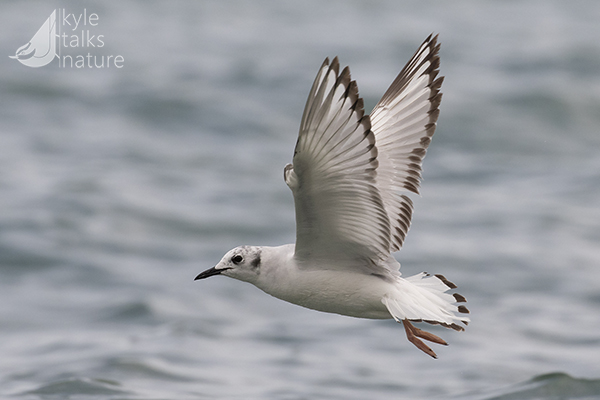
Is there any way to see this less as a loss, and more as an opportunity?
What a perfect question to ask! You must be very clever. Many people seem focused on the names that we are losing, but for every name lost there is an opportunity to gain one that serves the bird – and birding community – better.
We’ve already covered the benefit of descriptive names. It may be hard to remember the field marks of a Ross’s Gull, for example, but if it were called Ring-necked Gull or Pinkish Gull they would be hard to forget. If you know me, though, you know my interest in names goes beyond simple function.
We have an opportunity here to be creative, and to assign names that help people get excited about the birds they share their world with. We can advocate for names that are evocative, exciting, interesting, or even weird. Zitting Cisticola, Screaming Piha, Scribble-tailed Canastero, Fluffy-backed Tit-Babbler, and Powerful Woodpecker all show us that we can be both descriptive and expressive, using names to draw people in and invest them in the plight of birds.
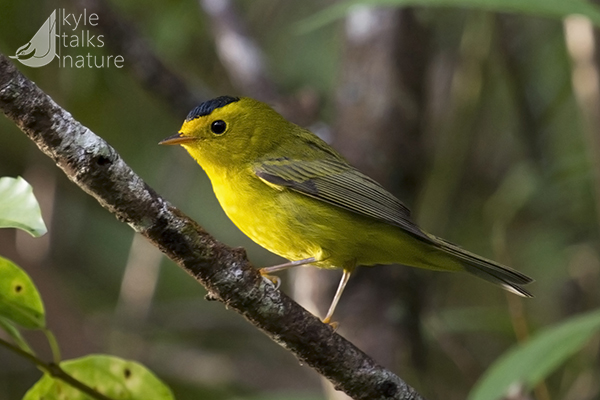
The AOS has committed to actively involving the public in the selection of new bird names. This means that you actually have the opportunity to influence the names of the birds you love, something that very few birders before you could claim. It may be the most exciting time to be a bird (or bird name) fanatic in the last two centuries, and I have no doubt that we can come out the other side with a collection of names to be proud of for generations to come.
1 Three additional birds will receive name changes because their names are considered offensive: the Eskimo Curlew (to remove the dated term Eskimo, of course), the Flesh-footed Shearwater (whose somewhat ambiguous name was apparently explicitly meant to refer to the colour of a white person’s skin), and the Inca Dove (whose name results from a complete misunderstanding of what Indigenous culture lived where).
2 Here is the entire statement for your…enjoyment?
“The Committee was petitioned by a group of biologists from the U.S. Fish and Wildlife Service in Alaska to change the English name of Clangula hyemalis from Oldsquaw to Long-tailed Duck, the name used for the species outside of North America. The basis for the petition was that the species is declining in numbers in Alaska, and conservation management plans require the help and cooperation of Native Americans. The biologists were concerned that the name Oldsquaw would offend the Native Americans. Requests to change the name had been made to the Committee in past years by some who consider the word “squaw” to be offensive. The Committee declines to consider political correctness alone in changing long-standing English names of birds but is willing in this instance to adopt an alternative name that is in use in much of the world.”
-From the Forty-Second Supplement to the American Ornithologists’ Union Check-List of North American Birds. 2000. The Auk.Vol 117, No 3, p848.
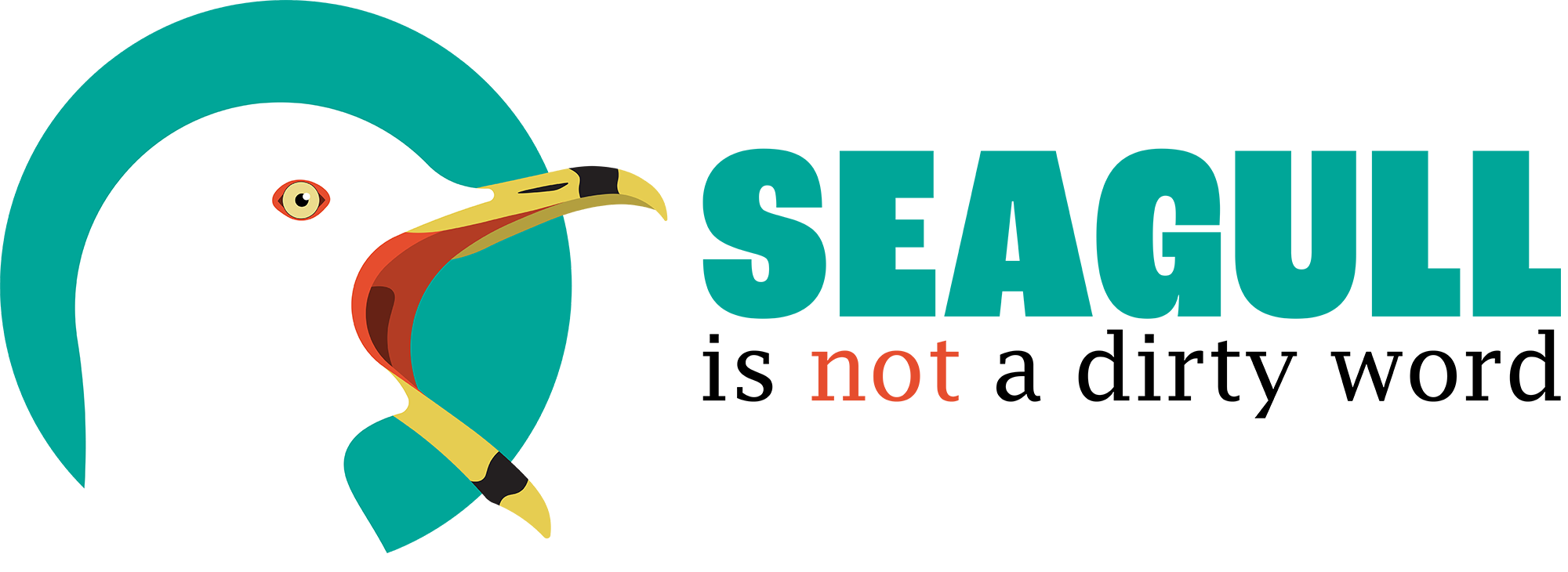
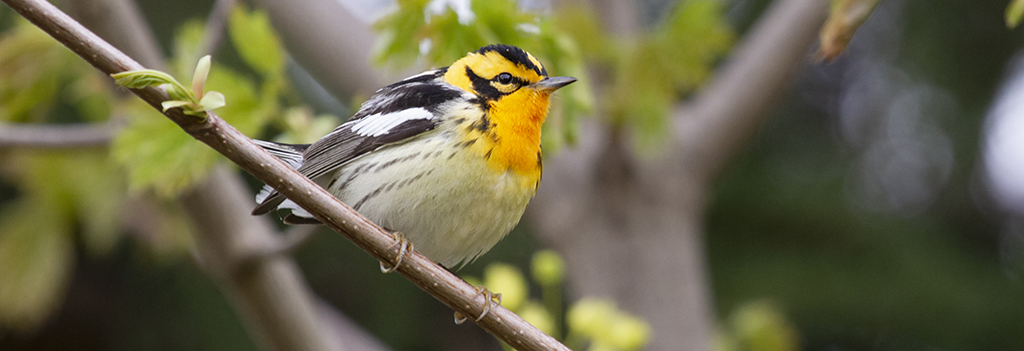
2 replies on “Bird Names Are Changing. Here’s Why You Should Care (and Why You Shouldn’t).”
I hope they let the public suggest and vote for names so Toupeed warbler gains traction!
[…] few days ago I wrote some things about the recent AOS decision to change bird names. It was a struggle, because the situation is big […]